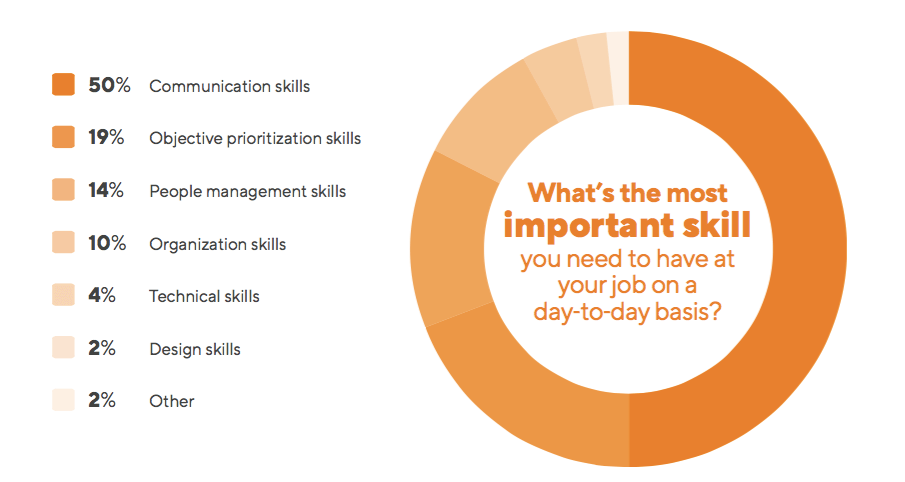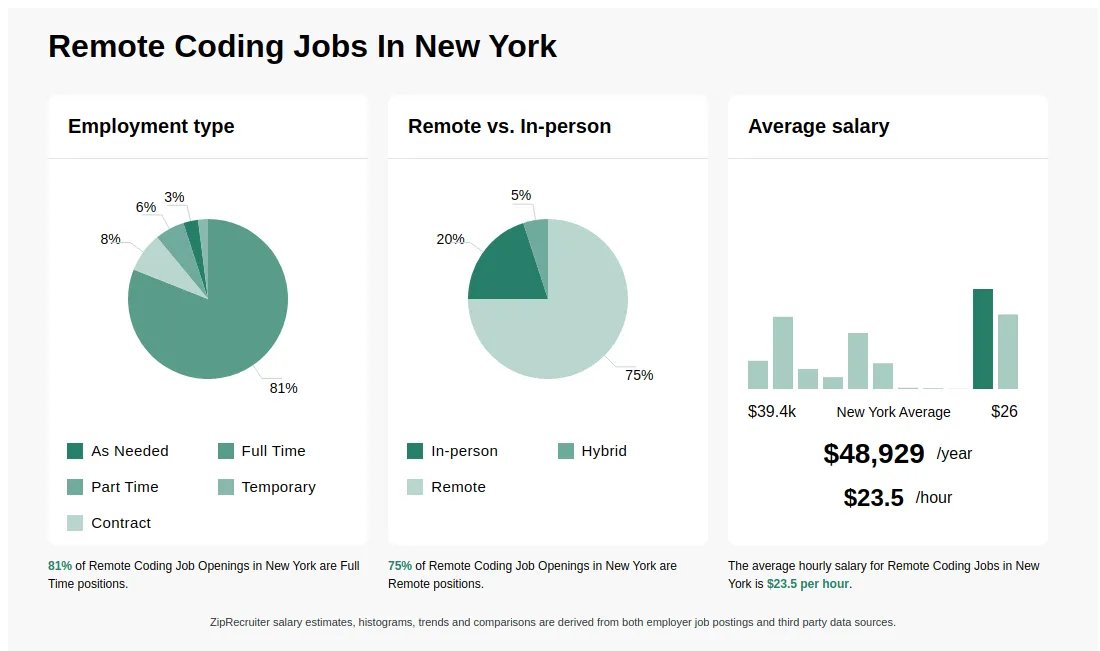Effective Communication Strategies for Today’s Managers

Mastering Managerial Communication: Essential Tips for Success
Why Effective Communication Matters for Managers
As a manager, communication is at the heart of everything you do. It’s the key to building strong relationships with your team, fostering a positive work environment, and achieving your business goals. Effective communication ensures that everyone is on the same page, working towards a common objective, and helps to avoid misunderstandings that can lead to conflicts.
Tip 1: Listen Actively and Empathetically
One of the most important skills for any manager is the ability to listen actively and empathetically. This means giving your full attention to what others are saying, without interrupting or jumping to conclusions. Show genuine interest in your team members’ thoughts, concerns, and ideas. By listening empathetically, you build trust and rapport with your team, creating a more open and supportive work environment.
Tip 2: Be Clear and Concise in Your Communication
Clarity is key when it comes to managerial communication. Be sure to articulate your messages clearly and concisely, avoiding jargon or technical language that may confuse your team members. Use simple and straightforward language that everyone can easily understand. When giving instructions or delegating tasks, be specific about expectations, deadlines, and desired outcomes to avoid any confusion or misinterpretation.
Tip 3: Foster Open and Honest Communication
Encourage an environment of open and honest communication within your team. Let your team members know that their opinions and feedback are valued and welcome. Create opportunities for them to share their thoughts, ideas, and concerns without fear of judgment or reprisal. When team members feel heard and respected, they are more likely to be engaged, motivated, and productive.
Tip 4: Use Various Communication Channels
In today’s digital age, there are numerous communication channels available, from email and instant messaging to video conferencing and project management tools. As a manager, it’s important to choose the right communication channel for the message you want to convey. For quick updates or questions, a brief email or instant message may suffice. For more complex discussions or feedback sessions, a face-to-face meeting or video call may be more appropriate.
Tip 5: Provide Constructive Feedback Effectively
Giving feedback is an essential part of a manager’s role, but it must be done effectively to be beneficial. When providing feedback, focus on specific behaviors or actions rather than personal traits. Be objective, constructive, and supportive in your feedback, highlighting both areas of strength and areas for improvement. Offer actionable suggestions for how your team members can grow and develop in their roles.
Tip 6: Adapt Your Communication Style
Not everyone communicates in the same way, so it’s important for managers to be adaptable in their communication style. Take the time to understand the preferred communication styles of your team members. Some may prefer face-to-face discussions, while others may prefer written communication. By adapting your style to meet the needs of your team, you can ensure that your messages are received and understood effectively.
Tip 7: Lead by Example
As a manager, you








